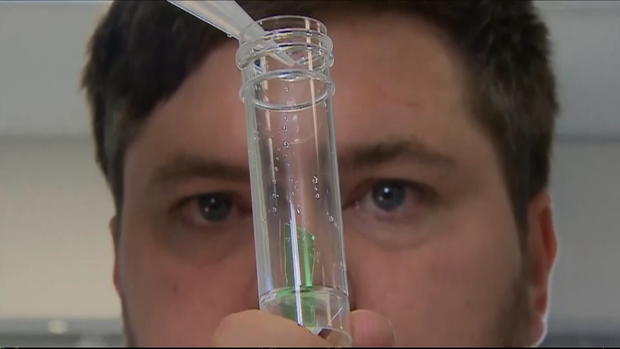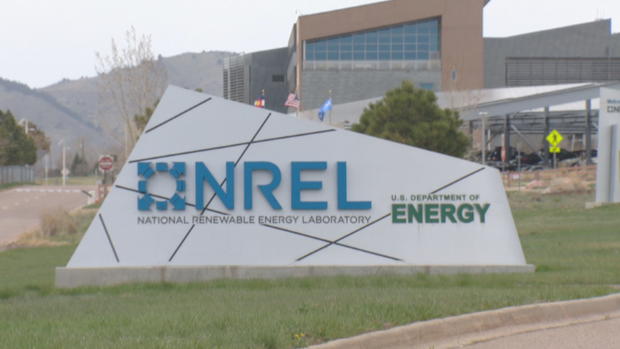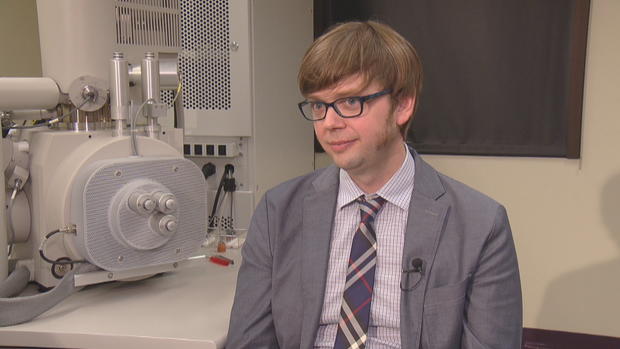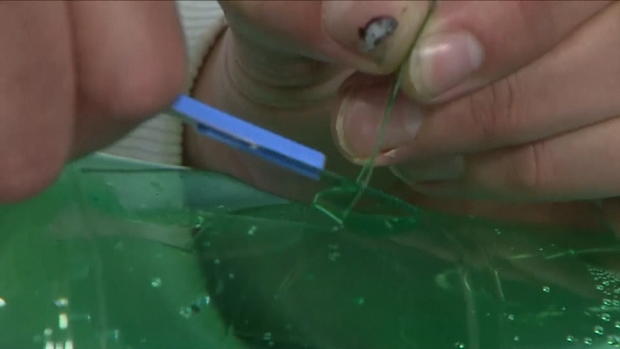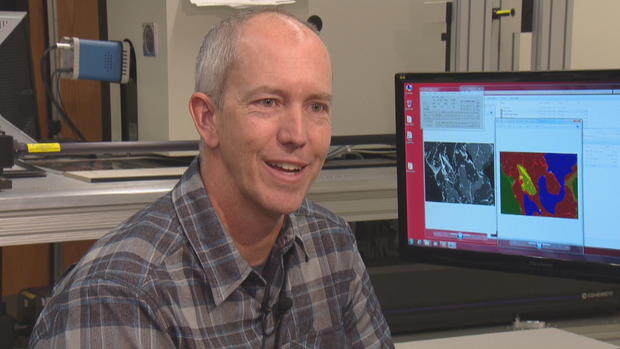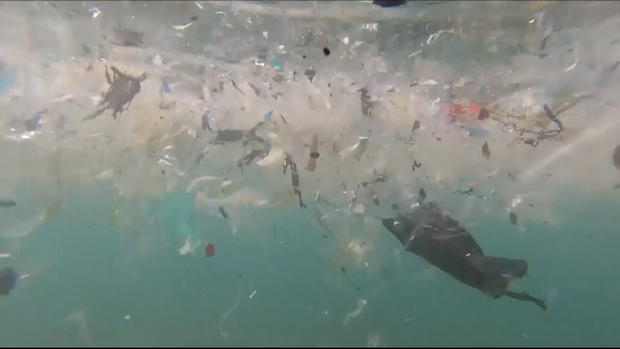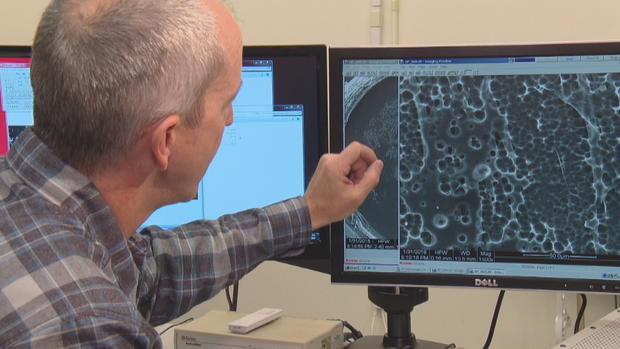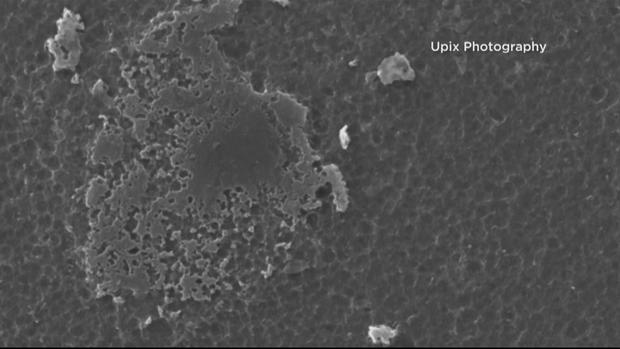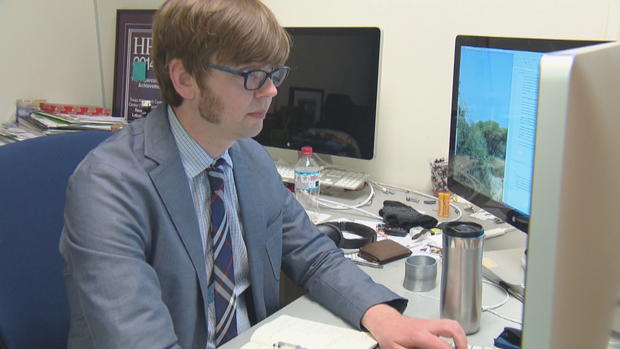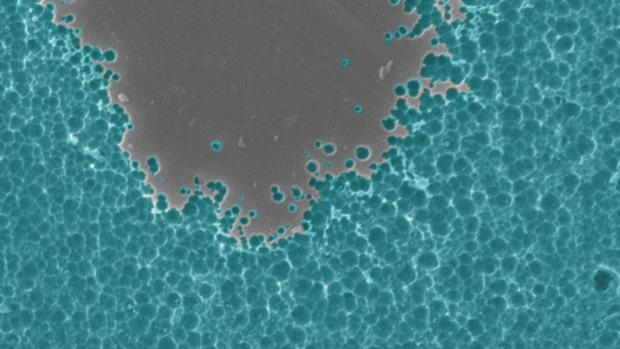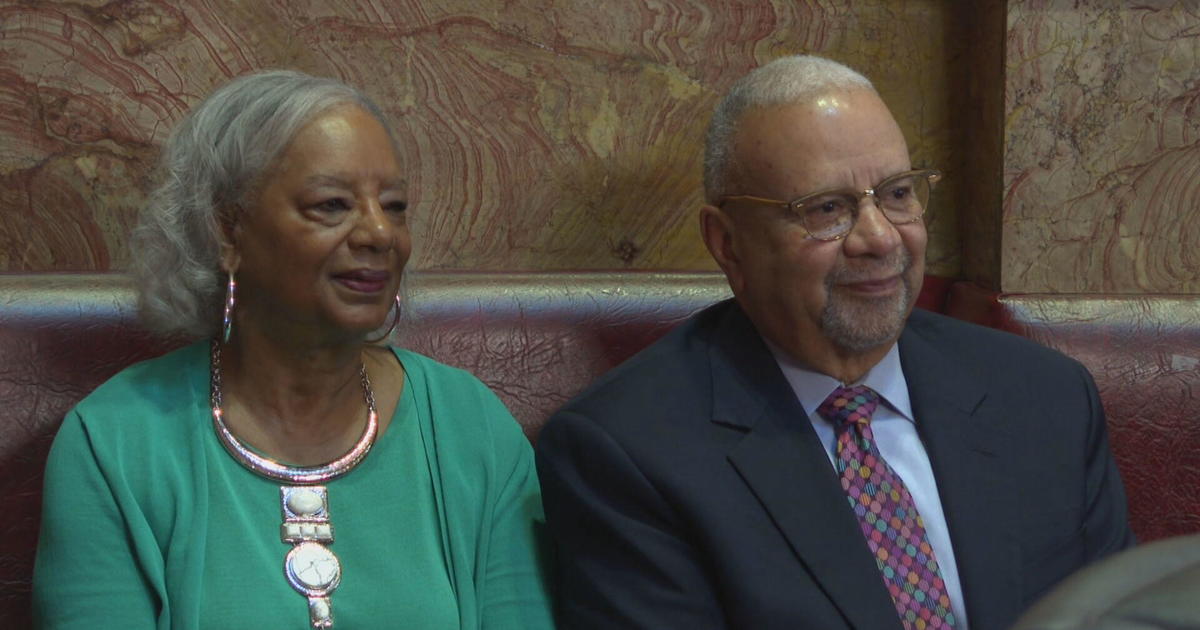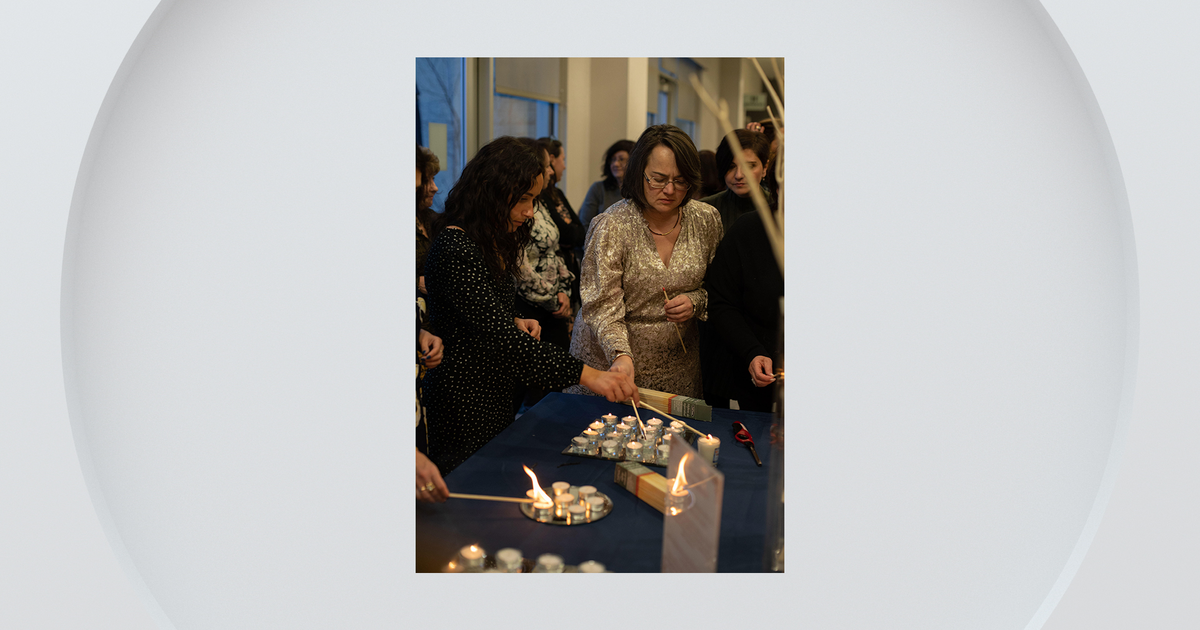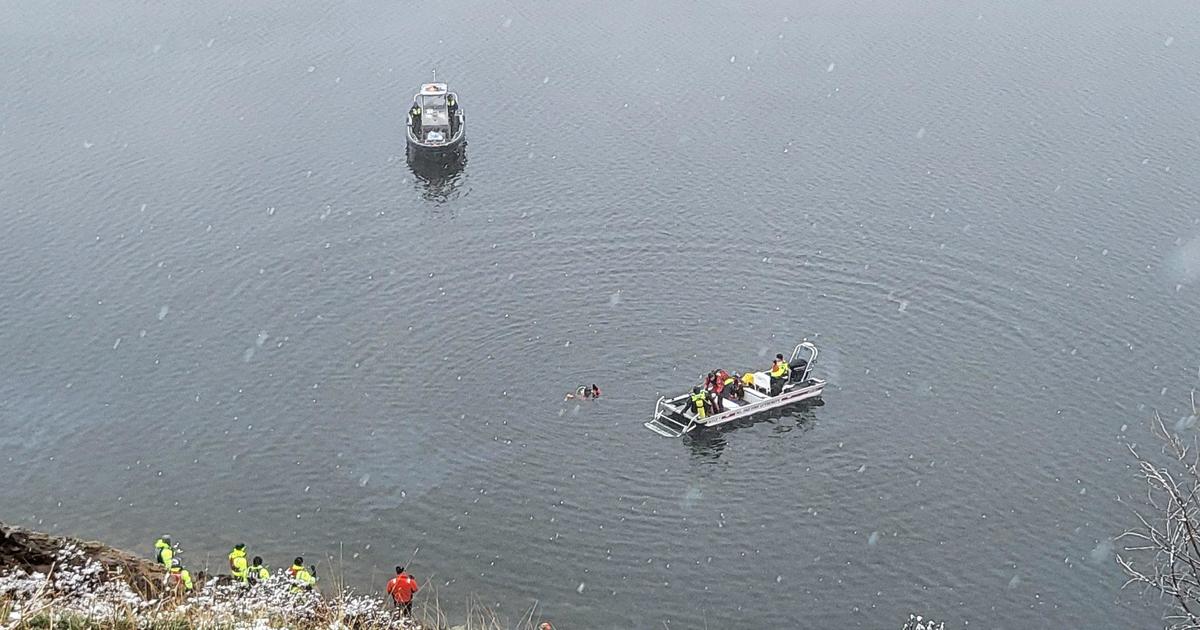Scientists In Colorado Accidentally Engineer Plastic-Eating Enzyme
By Kathy Walsh
GOLDEN, Colo. (CBS4)- Scientists have accidentally engineered a mutant enzyme that eats plastic bottles. The breakthrough offers promise in solving one of the world's biggest pollution problems.
The discovery was made by researchers both at the University of Portsmouth in England and at the U.S. Department of Energy's National Renewable Energy Laboratory in Golden.
They were examining a natural enzyme found in a Japanese recycling plant that could break down plastic.
At NREL, Senior Research Fellow and study leader Gregg Beckham said scientists genetically modified it.
"Essentially to break it, to take it back to evolutionary time and we accidentally made it better," Beckham told CBS4's Kathy Walsh.
A test on smooth pieces of plastic from one of Beckham's soda bottles revealed the scientific surprise.
"It's pretty cool," said NREL Senior Scientist Bryon Donohoe.
He explained how the enzyme eats away at the strong, man-made plastic called polyethylene terephthalate, PET, used in millions of tons of plastic bottles.
"Carving out these pits and cavities down into the surface," Donohoe said.
It usually takes decades, if not centuries, for plastic bottles to break down.
"I think that we're on the order of months here instead of decades," said Donohoe.
While excited about the discovery he called amazing, Beckham said it absolutely does not solve our plastics pollution problem, but he calls it a promising step.
When asked if this will change the earth Donohoe said, "Eventually. I think this is a change we have to make, right?"
Scientists are now working on improving the enzyme to allow it to be used industrially. There is urgency in the work. According to NREL, experts estimate that by 2050, there will be as much plastic waste in the ocean by mass as there are fish.
Kathy Walsh is CBS4's Weekend Anchor and Health Specialist. She has been with CBS4 since 1984. She is always open to story ideas. Follow Kathy on Twitter @WalshCBS4.
